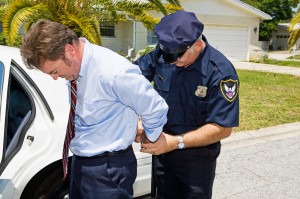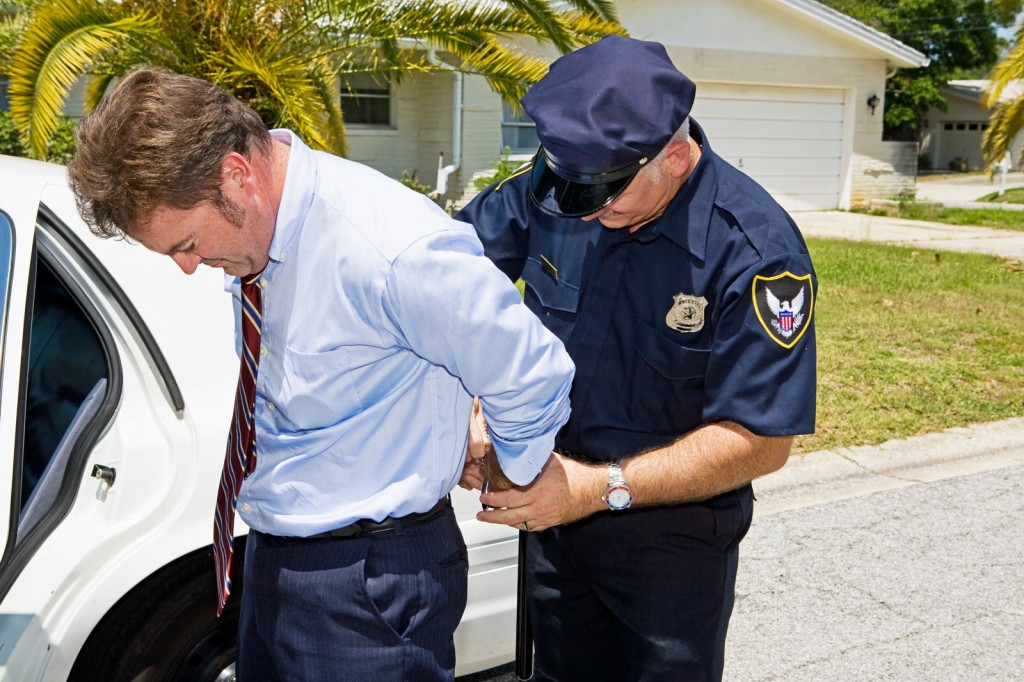[meteor_slideshow slideshow=”gun1″]
Defense of All Charges involving Firearms
Defense of 10-20-Life Offenses
Use of a Firearm During the Commission of a Crime
Whenever a person is charged with a felony, except a felony in which the use of a weapon or firearm is an essential element, and during the commission of that felony the person carries, displays, uses, or threatens to use the weapon felony for which the person is charged to be reclassified to a higher degree felony with a stiffer potential penalty.

If a minimum mandatory sentence applies for a weapons offense the minimum mandatory overrides the maximum statutory penalty. If a person carries a firearm during the commission of a felony under Florida’s 10-20- life statute that person is subject to a 10 year minimum prison sentence.
If a firearm is discharged during the commission of a felony and does not strike a person, there is a 20 year minimum sentence. If a person is shot during the commission of a felony the mandatory 25 year minimum to life sentence may be applicable. These are, obviously, serious accusations.
If a person has been arrested for or suspected of an offense involving a firearm that person should contact an experienced weapons offense defense attorney. They are defenses that can be explored and strategies that can be discussed.
Florida statutes do recognize certain mitigating factors for a defense, and the facts of each individual case may present individual defenses to certain charges or degrees of offenses. These are matters which should be discussed with an experienced gun or firearms defense attorney. Please see our section on experience and qualifications and contact us. We look forward to helping you. All consultations are free and held in the strictest of confidence.
Gun and firearm offenses in Pinellas County Florida
Armed robbery, home invasion, and aggravated assault are crimes that can fall under the 10-20-Life laws.
The Florida legislature has set out certain laws that explain what is necessary in order for a person to lawfully possess a weapon or firearm in Florida. This is found in Chapter 790 Florida statutes. It is illegal in most instances for a person to carry a concealed firearm without a permit. Carrying a concealed firearm without a permit is a third-degree felony punishable by up to five years in state prison. Unless a person is a convicted felon, it is not illegal to possess a firearm in one’s own home.
Possession of a firearm by a convicted felon is itself a felony. A withholding of adjudication ordinarily will not count as a prior conviction of a felony under this statute. Certain minimum mandatory sentences may apply for a felon in possession of a firearm. However, not being in actual possession but having constructive possession of the firearm may eliminate the minimum mandatory. Each case is fact specific and background specific. Call us to go over your particular case.
Florida’s sentencing code provides for the enhancement of certain sentences what a person carries either a firearm or a weapon during the commission of most offenses.
Firearms and Weapons in general
Florida statute 790.251 is titled the Preservation and Protection of the Right to Keep and Bear Arms in Motor Vehicles Act. That statute states that it is intended to ensure that individuals have a constitutional right to possess and keep legally owned firearms within their motor vehicles for self-defense and other lawful purposes. But what is ‘legally’ able to be possessed and what is not is set out in the statutes
Similarly Florida statute 790.25 states that the laws are not intended to prohibit the lawful use in defense of life, home, and property including the right to own firearms for target practice or other lawful places, and hunting. The word lawful is the key to what can be possessed or carried, where, and by whom.
A person engaged in fishing, camping, or lawful hunting, or going to or from those activities may possess a weapon or firearm. A person firing weapons
· for target practice in safe conditions in a safe place or going to or from such place is lawful. A person traveling in a private conveyance, automobile or vehicle, when a weapon is ‘securely encased’ may carry a weapon or firearm lawfully.’
A person can not carry a concealed weapon or firearm without a permit except in a conveyance if it is securely encased. Carrying concealed weapons, Florida statute 790.01, states that a person cannot carry a concealed weapon on or about his or her person. A person who carries a concealed firearm on or about his person commits a felony. If it is not a firearm but another weapon, it is a misdemeanor. This section does not apply to persons who have a concealed weapon permit or concealed firearm permit.
A person possesses a firearm of weapon if it is readily accessible to them or is on their person. The law defines readily accessible for immediate use to mean that a firearm or other weapon is within such close proximity and carried in such a manner that it can be retrieved or used easily and quickly as if it were on the person.
A firearm carried in a vehicle for any purpose must be securely encased or it is likely being carried or possessed illegally.
Securely encased is defined to mean in any glove compartment, snapped in a holster, in a gun case, in zippered gun case, or in a closed boxer container which requires a lid or cover to be opened for access.
The purposes and situations where someone may not possess or use a firearm are set out in the statutes.
Even law enforcement is sometimes unclear on what a concealed weapon or firearm means under the law. The statute indicates that a concealed firearm means any firearm which is carried on or about a person in such a manner as to conceal a firearm from the ordinary sight of another person. Concealed weapons can include any dirk, metallic buckles, slingshot, billy club, teargas gun, chemical weapon or any other item that can be used as a deadly weapon.
Open carrying of weapons is prohibited in Florida under statute 790.053.
Armed while committing a crime
Whoever while committing or attempting to commit any felony displays, uses, threatens, or attempts to use any weapon or firearm commits a crime. If it is a firearm it is a felony of the 2nd degree which carries a penalty of up to 15 years in state prison. The use of a firearm during a crime can also increase the degree of felony and the maximum penalty a person is subject to.
It is illegal and a misdemeanor to improperly exhibit a dangerous weapon or firearm. If a person has or carries any weapon or firearm in the presence of other people and exhibits it in a rude, careless, angry, or threatening manner not in self-defense that person the commits a misdemeanor.
Shooting at, into, or in a building or dwelling is a felony. Simple possession of a short barreled rifle or short barreled shotgun is a felony.
It is illegal for any person who has been convicted of a felony or who has committed a delinquent act as a juvenile that would be a felony if committed by an adult to have in his or her care custody, or possession any firearm, including ammunition, or any electric weapon concealed weapon. It is an enhancement of most criminal penalties if someone uses a firearm during the commission of a crime. Florida has a law commonly called the 10- 20-life law which states that if someone can-ies a firearm during the commission of a felony and is convicted that person must serve a minimum 10 year prison sentence. If the firearm is discharged during the crime that minimum is 20 years. Someone is shot during the commission of a crime the sentence is life in prison.
Larry Sandefer is an experienced gun and firearm defense attorney And a board-certified specialist in criminal trial law. He has successfully handles hundreds of cases involving the use or alleged use of firearms or guns.
- Over 35 Years Courtroom Experience
- Former Lead Trial Lawyer & Division Director
- Over 5000 Criminal Cases Handled
- Hundreds of Jury Trials as sole or lead counsel
- FREE Consultation with Larry Sandefer – Please feel free to contact us with a description of your needs, all initial consultations are free.
